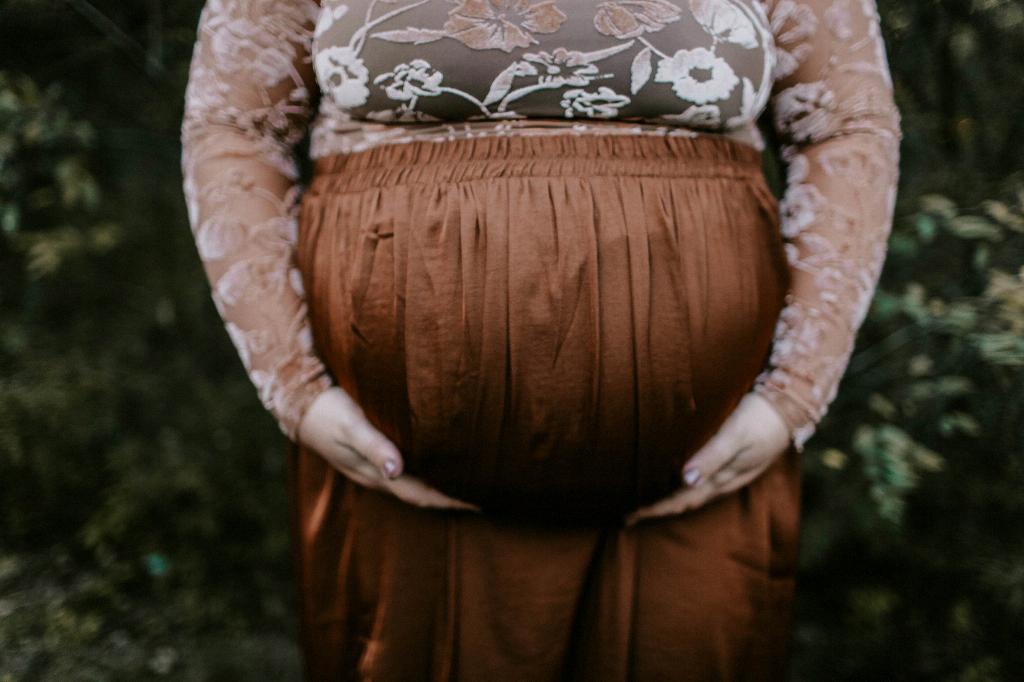Many new parents wonder about the possibility of getting pregnant shortly after having a baby. The timing of conception following childbirth can vary for each individual, and several factors come into play when considering fertility postpartum.
Factors Influencing Fertility After Giving Birth
One of the primary factors affecting how soon you can get pregnant after having a baby is whether or not you are breastfeeding. Breastfeeding can impact fertility by suppressing ovulation due to the hormones released during milk production. For women who are not breastfeeding, ovulation typically resumes around six weeks after giving birth.
Breastfeeding and Fertility
If you are exclusively breastfeeding, the likelihood of ovulation and menstruation returning is lower than if you are not breastfeeding. The hormone prolactin, which stimulates milk production, can also inhibit ovulation, making it less likely for you to conceive during this time. However, it is essential to note that breastfeeding alone is not a reliable form of contraception.
Non-Breastfeeding and Ovulation
For women who do not breastfeed, the return of ovulation usually happens sooner than in those who breastfeed. As mentioned earlier, ovulation typically restarts around six weeks postpartum in non-breastfeeding individuals. It’s crucial to consider contraception if you wish to avoid a rapid pregnancy in this scenario.
Importance of Contraception
Regardless of whether you are breastfeeding or not, it’s essential to discuss contraception options with your healthcare provider to prevent unintended pregnancies. Utilizing contraception consistently and correctly is crucial, especially if you are not ready for another pregnancy shortly after giving birth.
Physical Recovery and Timing
Aside from fertility considerations, it’s crucial to prioritize your physical recovery after childbirth. While some individuals may ovulate early postpartum, others may require more time for their bodies to heal before considering another pregnancy. Listen to your body and consult with your healthcare provider before trying to conceive again.
Emotional Well-being and Family Planning
Family planning is a deeply personal decision that involves both physical and emotional aspects. Take the time to evaluate your emotional readiness for another pregnancy and consider the impact on your overall well-being and that of your family before actively trying to conceive again.
Consultation with a Healthcare Provider
If you have questions or concerns about conception postpartum, don’t hesitate to speak with your healthcare provider. They can offer guidance tailored to your specific situation and provide information on fertility, contraception, and overall reproductive health.
Support Systems and Resources
Building a strong support system and accessing resources can be invaluable as you navigate the complexities of fertility postpartum. Lean on your partner, family, friends, and healthcare professionals for assistance and guidance during this transformative period.
Final Thoughts
Ultimately, the timeline for getting pregnant again after having a baby varies based on numerous factors, including breastfeeding, ovulation, contraception, physical recovery, emotional readiness, and individual circumstances. Prioritize your well-being, seek support when needed, and make informed decisions regarding your fertility and family planning journey.

